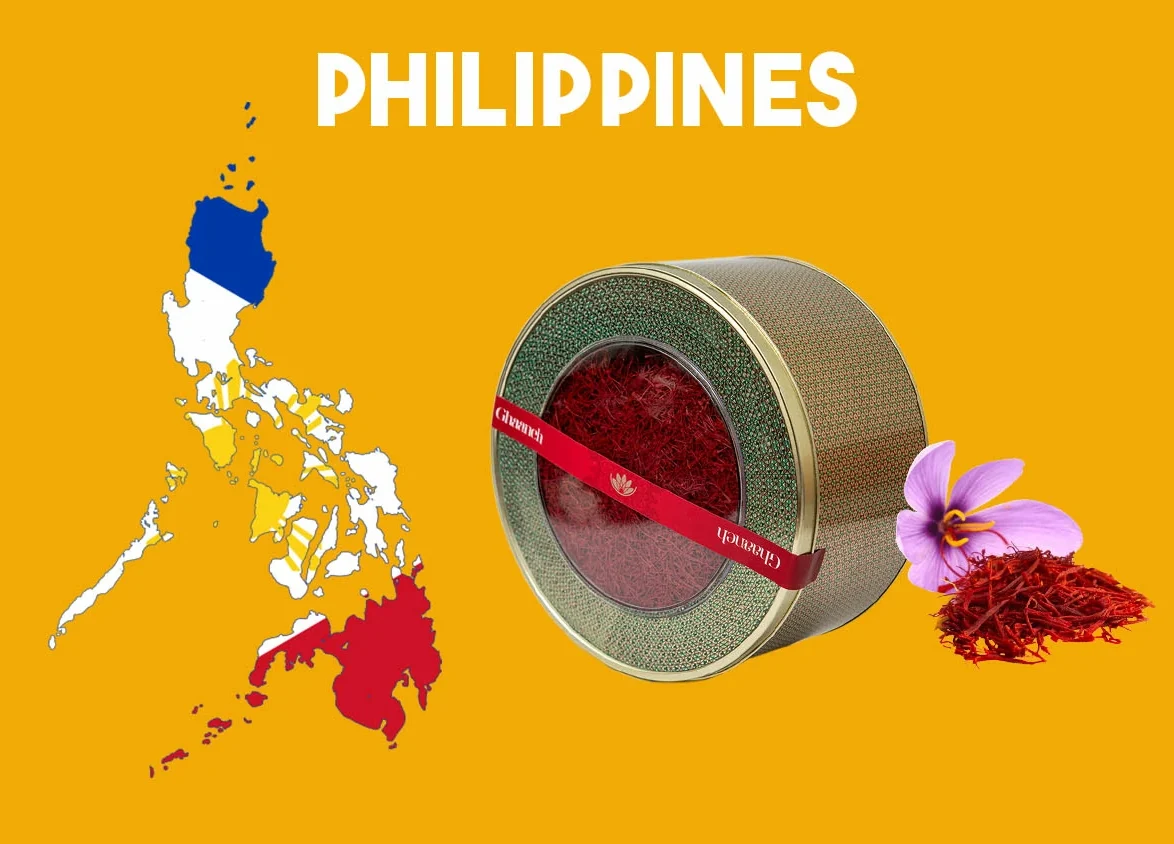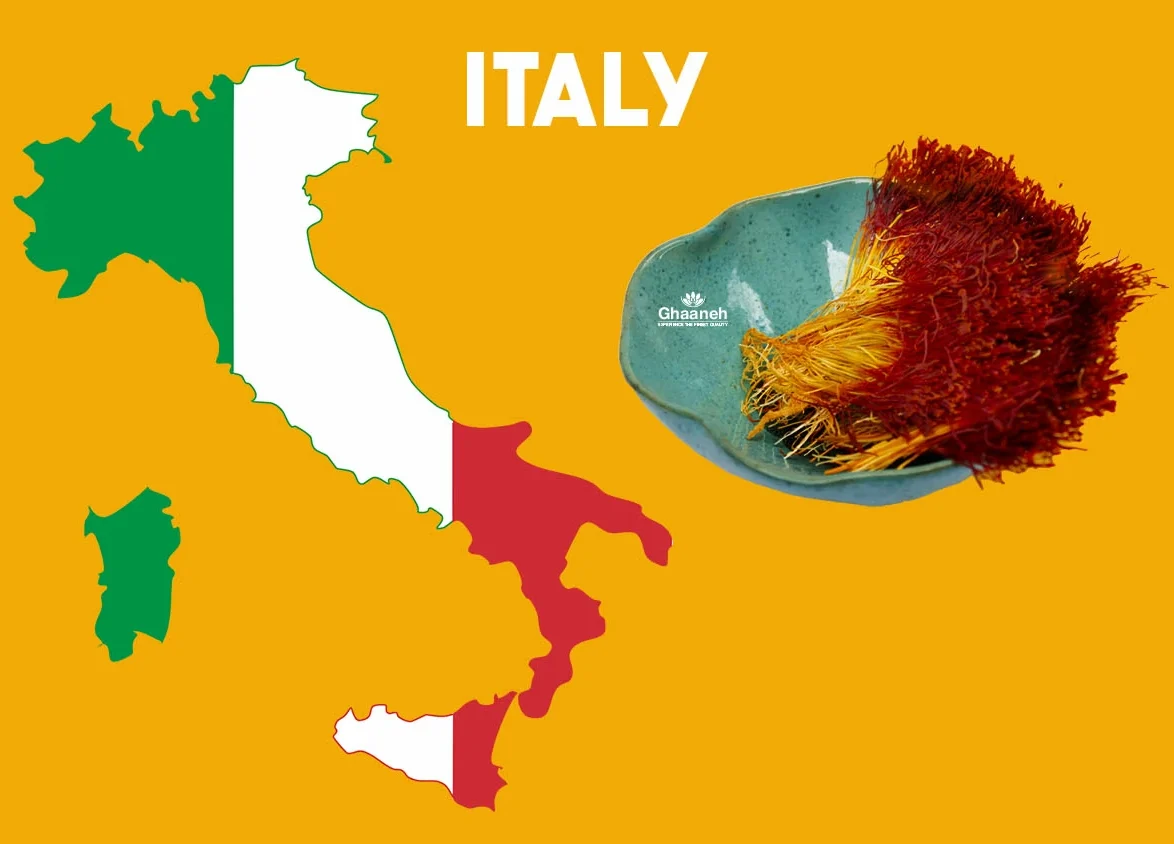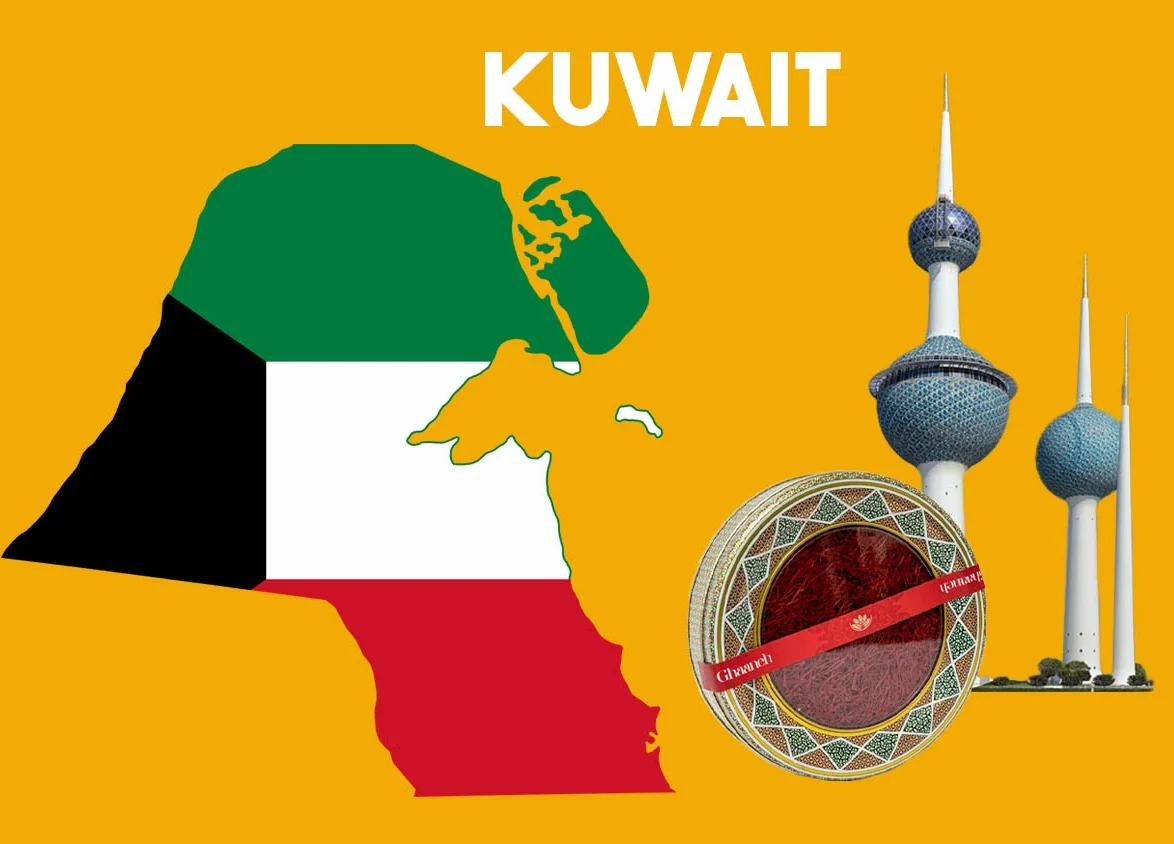One of the major public health problems around the world is cancer. This malignant and cruel disorder, which does not recognize age, skin color, poverty, or wealth, is the main cause of death all over the world, and the people of very developed countries are still victims of it. Clinically, invasive surgery, physical radiation (using controlled waves that irradiate the target cancerous tissue), and chemotherapy are the conventional ways of treating cancer patients, but these treatment methods leave our body with inevitable adverse effects, sometimes as much as the cancer itself.
It is painful for patients. Based on the data of the studies published by the majority of cancer patients, what is chosen for the treatment of cancer, the reduction of cancer-related symptoms, and the reduction of side effects related to cytotoxic chemotherapy, are complementary and integrated medical tools; These means, the use of natural products or herbal medicines – in addition to conventional chemotherapy – to restore body homeostasis and inhibit tumor initiation, development and metastasis is a wise choice and will lead to better clinical results, more effective chemotherapy prevention and cancer treatment.
New science still is dependent on natural products
It would be a great mistake to envisage that the new science does not need nature in the production of medicine; Currently, more than 65% of clinical drugs used in the treatment of various diseases have natural origin. In particular, one of the main sources for the development of new anticancer drugs is the botanically derived lead compounds and their semi-synthetic and synthetic analogs.
If your goal is to significantly reduce the incidence of non-specific organ-related cancer, you should rely on epidemiological study data that show that long-term use of herbal remedies achieves this goal. For example, both laboratory studies on cancer cells and animal experiments have shown that ginseng compounds and their metabolites have a high potential in preventing cancer. Considering that today the new screening methods of natural compounds are highly efficient, it is expected that the compounds and metabolites of natural products can provide abundant lead structures for creating effective anticancer mechanisms that have much less adverse effects.
An overview of anticancer Effects of Saffron
The saffron plant is known in botany as Crocus Sativus, it is a plant from the iris family (Iridaceae). 90% of plant production occurs mainly in the northeast of Iran, although this plant is grown in more than 20 other countries of the world. Since this plant and specifically its stigma contains several chemical compounds with therapeutic potential, it has been used as a medicine since ancient times. In addition, saffron threads, as the most expensive spice in the world, give your food an exotic taste and color.
Saffron is made of about 150 compounds including crocin, crocetin, saffranal carotene, and lycopene to mention but a few, which have given it various medicinal properties such as antispasmodic, sedative, stomachic, stimulant, and antitumor effect. Crocin a (as major coloring pigments in saffron along with Tricrocin) and Crocetin Diglucose Ester are enemies of free radicals, especially superoxide anions, and therefore act as a protective shield for our body’s cells, giving them the ability to deal with oxidative damage, which is associated with many neurological disorders.
In animal models, Crocin and Crocetin have proven their anticancer and cancer-preventive effects in various studies.
Crocetin can reduce the synthesis of DNA, RNA, and protein in neoplastic cells, and inhibit RNA polymerase II by interacting with histone H1 and H1-DNA structures. This is why it has an inhibitory effect on the cancer cells’ growth. Compared to conventional antitumor drugs, safranal antitumor activity is characterized by its low toxicity.
Non-antimutagenic and non-mutagenic effects against mutagenicity by the induction of benzo[a]pyrene have been found for saffron. So, in addition to its anticancer activity, saffron can be used as a food supplement to rescue cancer patients from the stress they feel during the long process of treatment.
What kind of cancers?
In various lab tests, saffron or its isolated active compounds have evinced their potential to harness various types of cancer cells.
1-Lung cancer
Antiproliferative effects against cancer cells in low concentrations without influencing the growth of healthy cells are one of the main characteristics of saffron, known as the”red gold”. If you use saffron doses that do not affect the growth of different normal cells, it can have concentration-dependent inhibitory effects on the growth of lung cancer cells. Also, relevant studies proved saffron to have a strong effect on lung cancer cells. Research on Crocetin showed that it can regulate intracellular DNA/RNA and protein synthesis. Such a potential can lead to significant cell growth inhibitory effects on three human cancer cells (one is related to cervical cancer and two others are related to lung cancer).
2-glioblastoma and rhabdomyosarcoma
Exposing glioblastoma and rhabdomyosarcoma cells to saffron and Crocins indicated their antiproliferative effects.
Glioblastoma is the most aggressive and most common type of cancer that originates in the brain or spinal cord. It starts in cells called astrocytes that support nerve cells.
As a type of cancer occurring in soft tissue, connective tissue , or bone, rhabdomyosarcoma usually begins in muscles that are connected to bones. The bad news mostly children younger than 10 year-old develop such cancer and the good news that in most cases is curable.
3-Blood cancer
Cancer of the blood(Leukemia) is the rapid and uncontrolled growth of abnormal blood cells. This growth originates in your bone marrow, where most of our blood is produced. Despite the recent progress made in treating the disease, it is one of the deadliest cancers in the world.
The inhibitory effects of dimethylcrocetin, crocetin, and crocin on human K562 chronic myelogenous leukemia cells and HL-60 promyelocytic leukemia cells are reported by Researchers.
4-Bone and Tendons cancers
The anticancer activities of both crocin and a derivative of crocin (dimethylcrocetin) have been reported when different tumor cells and surgical specimens of fibrosarcoma and osteosarcoma were exposed to such valuable compounds of the most expensive spice in the world.
5-Colorectal cancer
As the second leading cause of cancer related-death and the third most commonly diagnosed cancer(approximately 100,000 new cases diagnosed per year) in the United States, colorectal cancer seems to be an expanding horrible disease to deal with. HCT-116, HT-29, and SW-480 cells as the cause of human colorectal cancer significantly lose their proliferation capability when they were confronted by saffron extract, especially Crocin.
6-Skin and cervical cancer
Saffron possesses the ability to inhibit skin tumor initiation and promotion in mouse models: the papilloma formation was delayed and the number of papillomas was reduced. Following oral administration of saffron, a significant decrease has been observed in mice who got skin carcinogenesis by being exposed to the 20-methylcholanthrene.
Human Papillomavirus(HPV ) can cause a benign non-cancerous epithelial proliferation called A papilloma. Even though most papillomas stem from low-risk HPV forms, self-limiting human papillomavirus is still the leading cause of 270,000 deaths annually worldwide, as it produces cervical cancers. It is noteworthy that 85% of deadly cases of this kind of cancer happen in developing countries. The virus also is the cause of a type of skin cancer.
7-Breast cancer
Different Crocus extracts can inhibit the growth of human breast cancer cells (MDA-MB-231 and MCF-7 cells), by regulating estrogen receptor expression.
In two separate studies carried out by Ashrafi et al. and Arzin et al. Crocin has been proven to play a significant role in treating breast cancer. Ashrafi et al. showed that in female Wistar albino rats who were exposed to N-Nitroso-N-Methyluria ( a highly carcinogenic, mutagenic, and teratogenic agent) and got breast cancer, Crocin can suppress tumor growth and induced apoptosis and cell cycle arrest.
Arzin and his colleague’s study also revealed Crocin’s ability as a promoting complementary antimetastatic herbal medicine for the treatment of triple-negative breast cancer. In their animal study, after taking 200 mg/kg of Crocin thrice a week, tumor growth suppression was seen in female mice with no signs of metastasis in the liver and lung. Another study indicated that Crocin suppresses breast cancer cell proliferation by down‐regulating tumor promoter micro RNA-122-5p(it regulates the expression of proteins associated with cell cycle and apoptosis as well as migration and invasion) and up‐regulating tumor suppressors FOXP2 and SPRY2.
8-Prostate cancer
Festuccia et al. in their investigative study on the antitumor effect of aqueous extract of saffron on two types of prostate cancer cells found out that Crocetin was more effective in delaying tumor growth compared to saffron extract and crocin, all of them orally administered.
9-Liver cancer
Saffron is a promising candidate for preventing cancer. Its possible mechanisms of saffron against diethylnitrosamine (DEN)-induced liver cancer in rats. A study done by Amin et al. told us that saffron could be one of the chemopreventive agents against liver cancer. This happens by inhibiting cell proliferation and induction of apoptosis. These studies also provide us with some evidence that saffron protects rat liver from cancer by controlling oxidative destruction and suppressing inflammatory response.
No toxic effect
One of the points mentioned in almost all studies about the effect of saffron on cancer is the non-toxicity of saffron for normal cells. In such a way that saffron selectively attacks cancer cells. It has also been emphasized that saffron in the usual doses used in cooking has no side effects and only a small number of people have shown an allergic reaction to it. In general, every person can easily use 1.5 grams of saffron a day and benefit from its benefits.
Conclusion
Animal or vitro studies have shown that saffron, due to the benefit of crocin and crocetin, as well as safranal, can affect the inhibition of cancer cells and prevent the growth of cancer tumors in different ways. This expensive spice, when used as an anti-cancer drug, selectively targets only cancer cells and does not harm normal cells.
Ghaaneh brand can help you take advantage of the beneficial effect of saffron by choosing the as fresh as possible saffron with the highest amount of crocin.
FAQs
Can saffron help prevent cancer?
Yes, several studies have shown that saffron, specifically its compounds crocin and crocetin, has anti-cancer properties. It can inhibit the growth of various types of cancer cells, including breast, prostate, and liver cancer cells.
How does saffron prevent cancer?
Saffron prevents cancer through its compounds Crocin and Crocetin. These compounds have been shown to suppress tumor growth, induce apoptosis (cell death), and inhibit cell proliferation. They also regulate the expression of proteins associated with cell cycle, apoptosis, migration, invasion, and metastasis.
Which kind of cancer cells were the object of being exposed to saffron?
Different tests on Breast, prostate, and liver cancer, colorectal, skin, cervical, bone, and tendons have shown saffron potential in playing a preventive role or inhibiting power against the growth of tumor cells.
Are saffron benefits limited to its anticancer effects?
Saffron also has antioxidant and anti-inflammatory properties, which help protect against various diseases and promote overall health. It has been shown to improve mood, reduce symptoms of depression, enhance memory and cognition, boost immune function, and improve digestion.









Nothing compares to saffron powder. it’s easy and it does have a great coloring effect. Loved it, thanks to ghaaneh saffron.
I was curios about saffron and i landed in your shop (looks amazing btw), I have never made an online order for saffron, so when I made my first attempt and trusted ghaaneh saffron, they truly delivered. I will certainly buy again when I run out of saffron. THANKS
Excellent product, i had the pleasure to enjoy this saffron with a decent price! kudos to you guys.
Oh to have the Persian saffron in your rice dish is a blessing! thank you ghaaneh for this amazing delivery.
Never had such a good online shop experience, i tell you from the moment i contacted you guys to the second you delivered to my doorstep, it all was smooth! thanks and will be buying again.